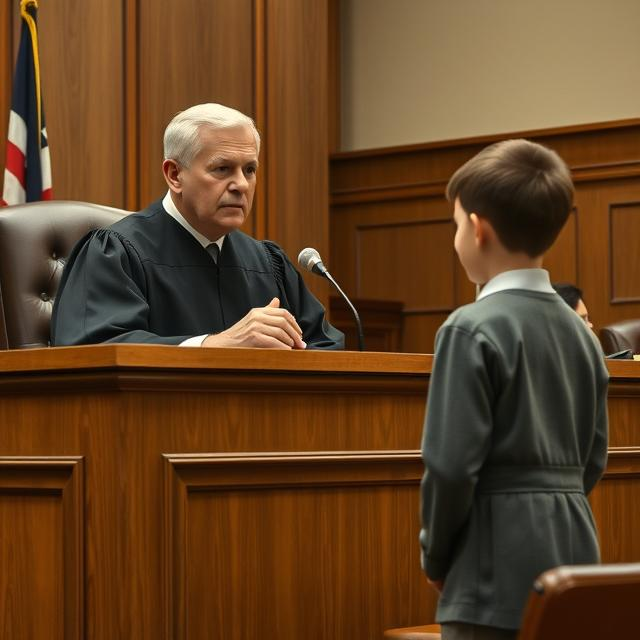When parents separate or divorce, one of the most emotional and difficult decisions involves who the child will live with. In Texas, child custody decisions are made with the child’s best interests in mind.
However, what happens when a child has a strong opinion about where they want to live?
Can a child’s voice influence the outcome?
Can their preference override other legal factors?
Understanding the legal rules around this issue can help you prepare for what’s ahead and avoid costly mistakes.
This blog explains how Texas law treats a child’s preference in custody, what age matters, and what courts actually consider before awarding custody.
Texas Law on a Child’s Preference in Custody Cases
In Texas, the court may consider a child’s preference during a custody case, but it’s not the only factor. According to the Texas Family Code §153.009, a judge may interview a child aged 12 or older in chambers (privately, in the judge’s office) to hear their wishes about custody or visitation.
This interview is not a guarantee that the child will get their way. The court only uses the child’s opinion as one part of the decision. Judges want to know the child’s reasons, the family dynamics, and whether the preference supports the child’s best interest.
If the child is under 12, the court may still consider their preference, but it’s up to the judge. There is no legal requirement to interview a younger child.
What Judges Look for in These Cases
A child’s preference in custody cases matters, but it is not everything. The judge wants to know why the child prefers one parent. Here are some key questions the court may ask:
- Is the child being pressured or manipulated by a parent?
- Is the preference based on parenting or lifestyle?
- Has the preferred parent been the primary caregiver?
- Can that parent provide a stable and safe environment?
- Is there any history of neglect, abuse, or drug use?

For example, if a 14-year-old wants to live with Dad because “he lets me skip school and play video games all day,” the court won’t take that as a serious or reasonable reason. However, if the child says they feel safe and cared for with Dad and they’ve been living with him consistently, the judge is more likely to consider that preference.
Common Misconceptions About a Child’s Choice
Myth: Once a child turns 12, they can pick which parent to live with.
Fact: The court may hear from the child, but the judge makes the final decision based on many factors—not just age or opinion.
Myth: A child can refuse to visit the other parent.
Fact: If there’s a court-ordered visitation schedule, both parents must follow it—even if the child objects. Only the court can change it.
How Parents Should Approach This Issue
The way parents behave during custody case matters. Courts don’t respond well to pressure, emotional manipulation, or badmouthing the other parent. Instead, focus on what’s best for your child.
If your child has a strong preference, talk to a child custody attorney in Conroe. A good child custody attorney can help you present your case without putting the child in the middle.

Here’s what you can do:
- Create a parenting plan that supports stability.
- Keep records of your involvement in your child’s life (school, health, activities).
- Avoid arguing with your ex or speaking negatively about them in front of the child.
- Follow all current court orders.
- Be open to child counseling if needed.
When the Court Might Deny a Child’s Request
Even if a child is over 12 and clearly expresses a desire to live with one parent, the court can reject that request. This might happen if:
- The chosen parent has a history of abuse or violence.
- The home is unstable or unsafe.
- The preference appears to be based on manipulation or pressure.
- The child lacks maturity or understanding of the situation.
The court has the final say. Its only goal is to protect the child and promote a healthy future.

Legal Guidance Matters
Custody disputes are stressful and emotional. When your child’s preference becomes part of the discussion, emotions can run even higher. That’s why having the right legal support is important. A family attorney will help you understand your rights and build a clear, strong case.
Consult Expert Child Custody Attorneys in Conroe
At Daniel Ogbeide Law, we understand how important your child’s future is. If your child has expressed a preference about custody—or you’re concerned about what the court might decide—our team is here to guide you. We’ve handled countless custody matters across Texas and are committed to protecting your parental rights.
Speak with our child custody attorney in Conroe today. Contact us now to schedule a consultation and get the legal help you need when it matters most.

